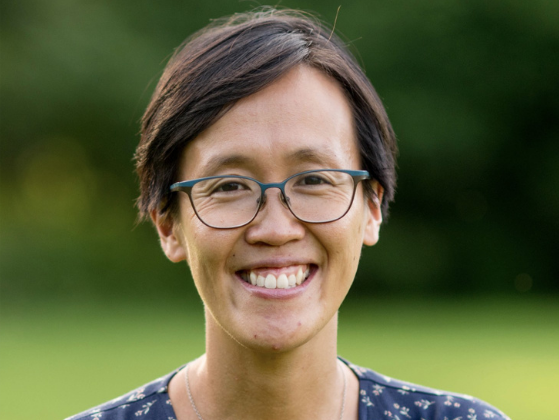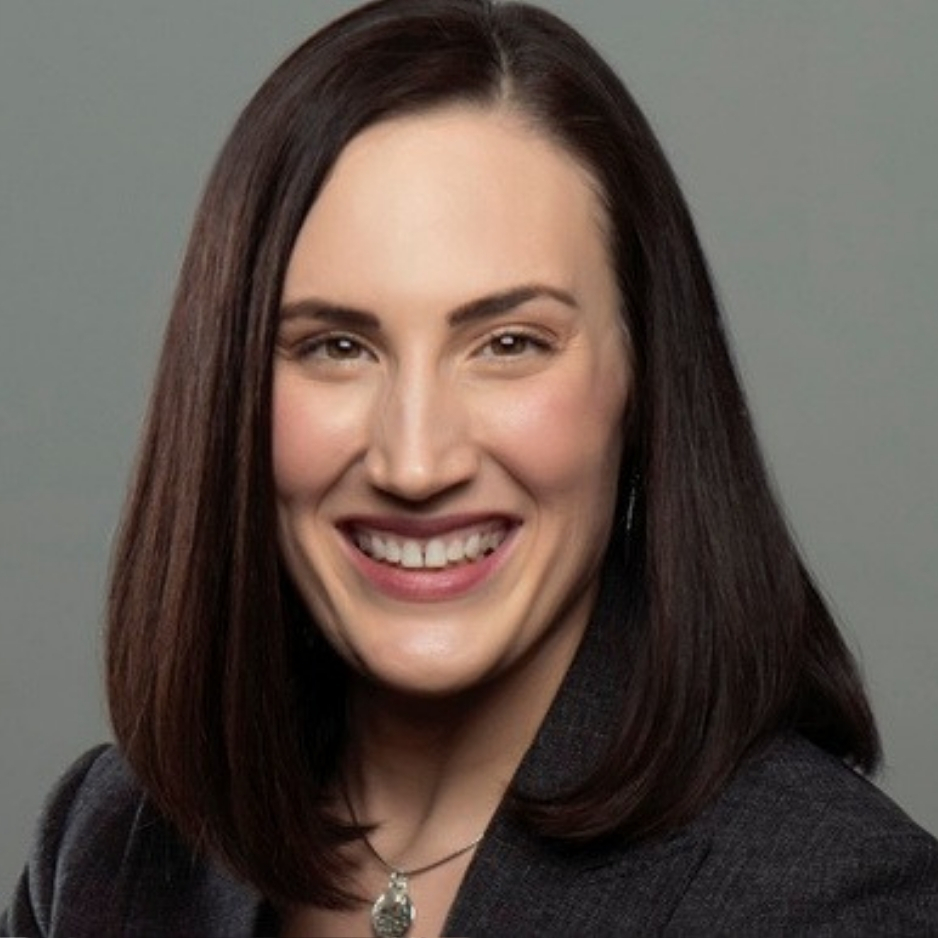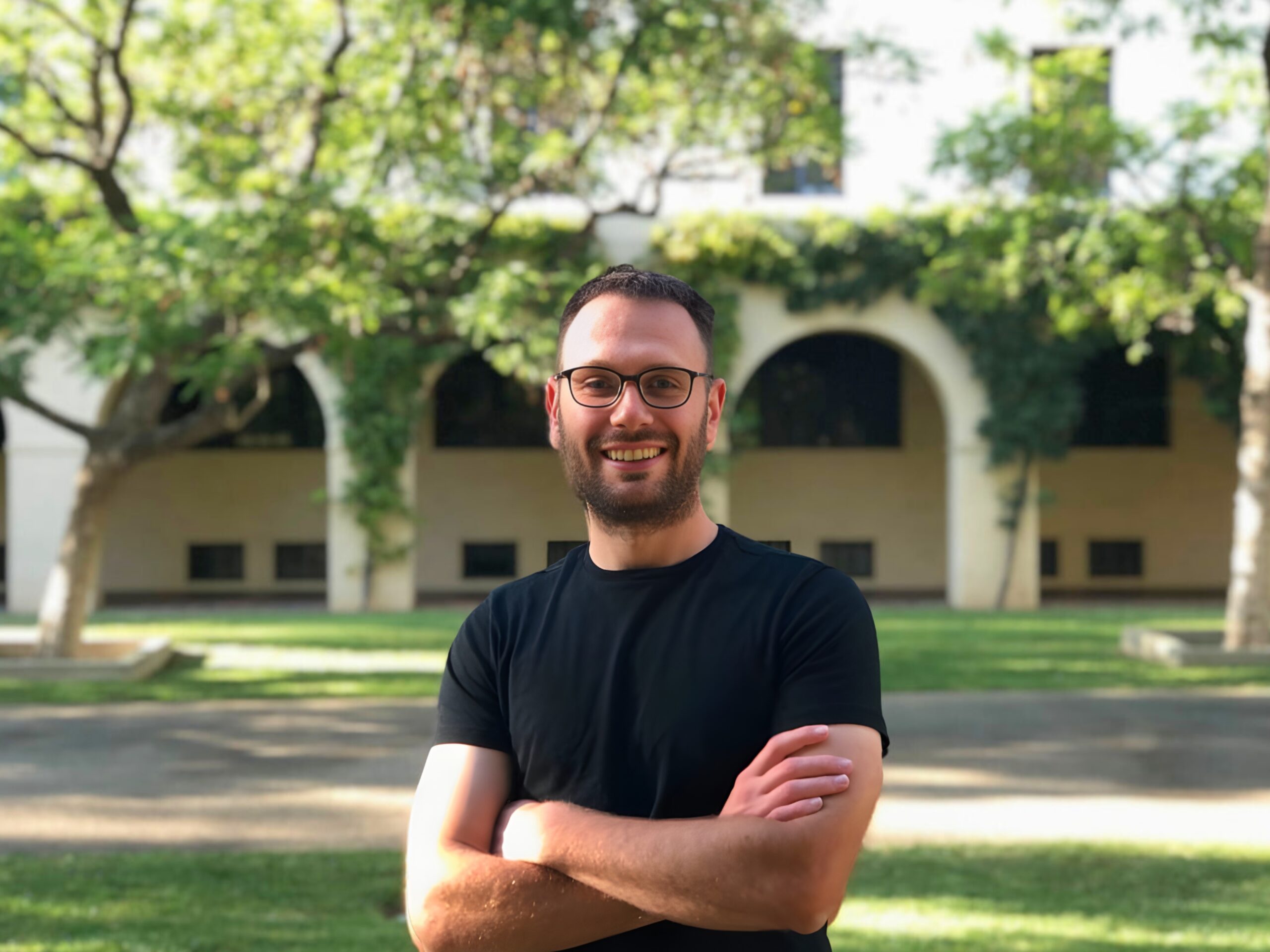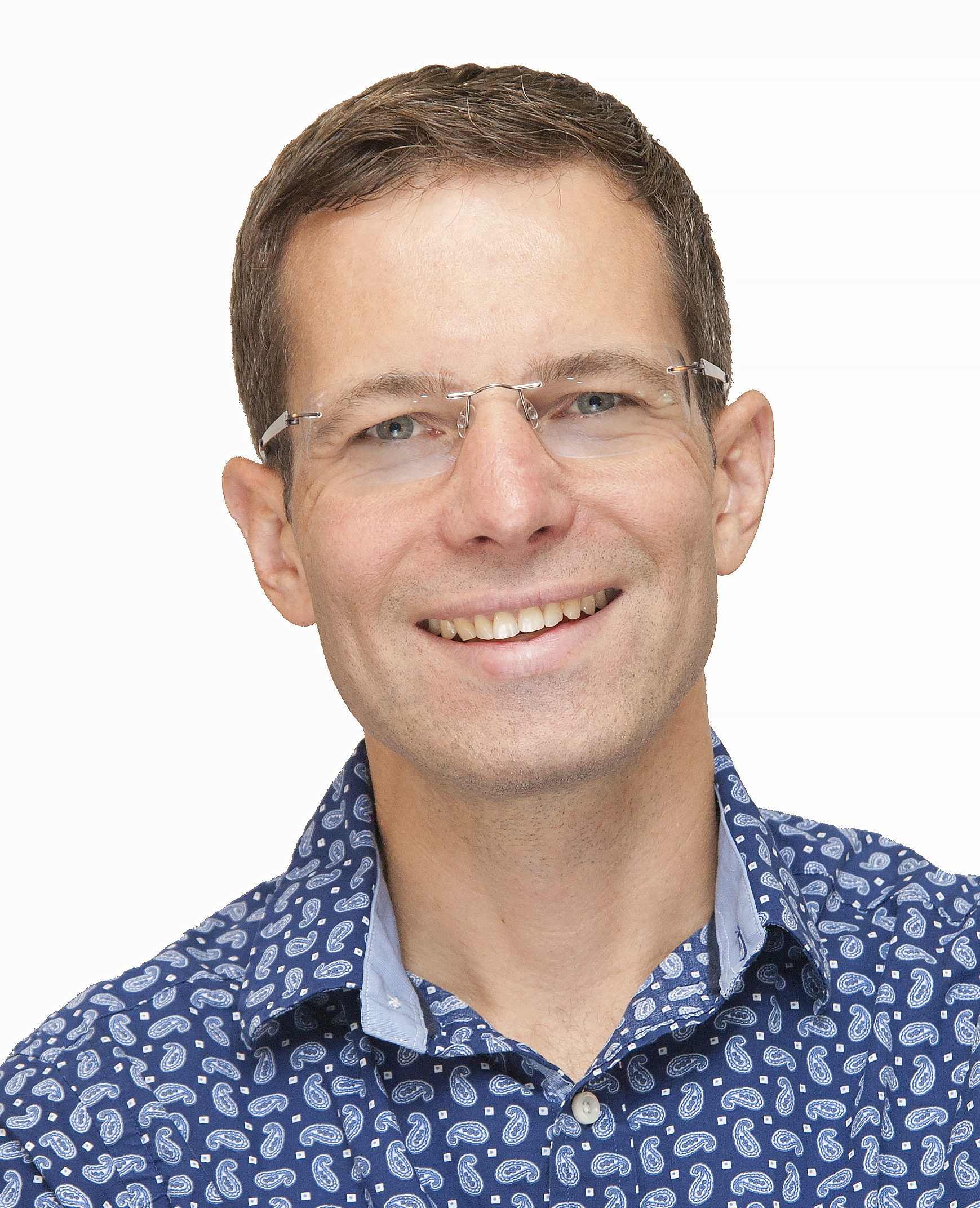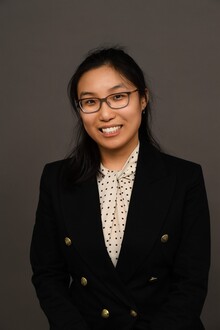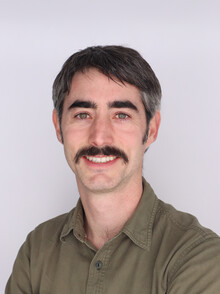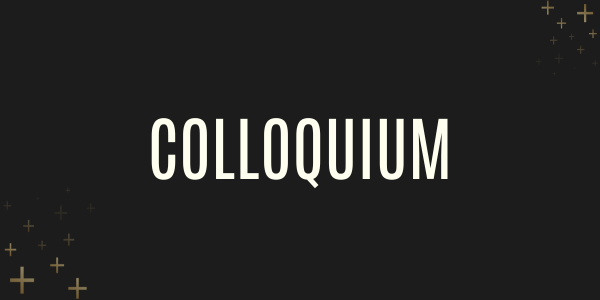Colloquium
Colloquium – Talk by Dr. Jennifer Hom: February 19th, 2026
Feb. 16, 2026—February 19, 2026 (Thursday), 4:10 pm Dr. Jennifer Hom, Georgia Institution of Technology Progress in low-dimensional topology using Heegaard Floer homology Low-dimensional topologists study knots, surfaces, 3-manifolds, and 4-manifolds. How many crossing changes does it take to untie a knot? Which 3-manifolds have simple descriptions? How many different 4-dimensional Euclidean spaces are there? We will...
Colloquium – Talk by Dr. Christine Berkesch: January 29th, 2026
Feb. 15, 2026—January 29, 2026 (Thursday), 4:10-5:15 PM Dr. Christine Berkesch, University of Minnesota Geometry and Multigraded Polynomials In a graded polynomial, all terms have the same degree. For instance, $x^3+x^2y+z^3$ is graded of degree 3. There is a long and rich history tying the geometry of projective varieties and the algebra of graded polynomials and modules....
Colloquium – Talk by Dr. John Urschel: October 23, 2025
Oct. 14, 2025—October 23, 2025 (Thursday), 4:10 pm Dr. John Urschel, Massachusetts Institute of Technology Nodal Statistics for Graphs and Matrices The study of discrete nodal statistics, that is, data regarding the zeros of Laplacian eigenvectors, provides insight into structural properties of graphs and matrices, and draws strong parallels with classical results in analysis for Laplacian eigenfunctions....
Colloquium – Talk by Alexander Dunn: October 7, 2025
Sep. 30, 2025—October 7, 2025 (Wednesday), 4:10 pm Alexander Dunn, Georgia Institute of Technology Recent progress on Gauss sums and primes Large sieve inequalities are a fundamental tool used to investigate prime numbers and exponential sums. In this Colloquium I will explain my work that resolves a 1978 conjecture of S. Patterson (conditional on the Generalized Riemann hypothesis) concerning the bias...
Colloquium – Talk by Peter Bubenik: October 2, 2025
Sep. 30, 2025—October 2, 2025 (Thursday), 4:10 pm Dr. Peter Bubenik, University of Florida A guided tour of Applied Algebraic Topology Topological data analysis develops methods based on algebraic topology to provide insight into the structure of scientific data. Often these tools come with theorems guaranteeing that their output is stable with respect perturbations of the input....
Colloquium – Talk by Wanlin Li: September 25, 2025
Sep. 30, 2025—September 25, 2025 (Thursday), 4:10 pm Wanlin Li, Vanderbilt University Supersingular Primes A supersingular elliptic curve is a genus 1 curve defined over a finite field with a particularly large endomorphism ring. In this talk, I will discuss the definition and properties of supersingular elliptic curves and their higher dimensional generalizations. In particular, for a...
Colloquium – Talk by Spencer Dowdall: September 25, 2025
Sep. 30, 2025—September 25, 2025 (Thursday), 4:10 pm Spencer Dowdall, Vanderbilt University Counting Mapping Classes by Type In the classic “lattice point counting problem” for a group acting on a metric space, the goal is to count the number of orbit points of the action in a ball of radius R, and to find the growth rate...
Colloquium – Talk by Mark de Cataldo: April 17, 2025
Apr. 17, 2025—April 17, 2025 (Thursday), 4:10 pm Mark de Cataldo, Stony Brook University The P=W Conjecture in Non Abelian Hodge Theory The classical de Rham and the Hodge Decomposition theorems deal with the singular cohomology of a projective manifold with coefficients in the non-zero complex numbers C*. Non abelian Hodge theory seeks to generalize this picture,...
Colloquium – Talk by Ronnie Pavlov: April 2, 2025
Apr. 2, 2025—April 2, 2025 (Wednesday), 4:10 pm Ronnie Pavlov, University of Denver Title: “Complexity in symbolic dynamical systems” There are various ways in which one can describe the simplicity/complexity of a dynamical system. One is in terms of qualitative dynamical properties, such as periodicity/equicontinuity (simple) or mixing/independence (complex). For symbolically defined dynamical systems called subshifts, there is...
Colloquium – Talk by Steve Trettel: March 20, 2025
Mar. 20, 2025—March 26, 2025 (Wednesday), 4:10 pm Steve Trettel, University of San Francisco What do 3-manifolds Look Like? Thurston’s Geometrization Theorem, later proved by Perelman, describes 3-manifolds in terms of geometric building blocks. Each manifold decomposes into pieces modeled on one of just eight homogeneous 3-dimensional spaces, known as the Thurston geometries. In this talk, we...
Colloquium – Talk by Dick Canary: November 22, 2024
Nov. 22, 2024—November 22, 2024 (Friday), 4:10 p.m. Dick Canary, University of Michigan An invitation to Anosov representations Fuchsian groups arise naturally as groups of covering transformations of hyperbolic surfaces. One may view them as images of discrete faithful representation of free groups and surface groups into PSL(2,R). The study of hyperbolic surfaces and deformation spaces of...
Colloquium – Talk by Jean-Francois Paquet: November 7, 2024
Nov. 7, 2024—November 7, 2024 (Thursday), 4:10 p.m. Jean-Francois Paquet, Vanderbilt University Special relativity meets fluid dynamics: the transformative role of nucleus colliders Quark-gluon plasma is an exotic phase of nuclear matter that can be produced by colliding large nuclei at velocities close to the speed of light. This plasma is the smallest and hottest liquid ever...
Colloquium – Detection and characterization of chirps and oscillating singularities in datas: October 31, 2024
Oct. 31, 2024—October 31, 2024 (Thursday), 4:10 p.m. Stephane Jaffard- University Paris Est Creteil Many types of signals display a very oscillatory behavior in the neighborhood of singularities. It is for example the case for gravitational waves, fully developed turbulence, or brain data. A major issue is to detect such behaviors (referred to as “oscillating singularities” or...
Colloquium – Curve graphs and totally geodesic subvarieties of moduli spaces of Riemann surfaces: October 24, 2024
Oct. 24, 2024—October 24, 2024 (Thursday), 4:10 p.m. Alex Wright- University of Michigan Given a surface, the associated curve graph has vertices corresponding to certain isotopy classes of curves on the surface, and edges for disjoint curves. Starting with work of Masur and Minsky in the late 1990s, curve graphs became a central tool for understanding objects...
Colloquium – Talk by Darren Creutz and Mike Neamtu: October 17, 2024
Oct. 17, 2024—October 17, 2024 (Thursday), 4:10 p.m. Darren Creutz, Vanderbilt University Mike Neamtu, Vanderbilt University Darren Creutz, Symbolic Dynamics: Connecting short-term and long-term complexity in dynamical systems Given a dynamical system and a (reasonable) partition of the space, there isa natural map from the system to a symbolic system: assign each element of the partition a...
Colloquium – Talk by Mark Ellingham and Rares Rasdeaconu: October 3, 2024
Oct. 3, 2024—October 3, 2024 (Thursday), 4:10 pm Mark Ellingham and Rares Rasdeaconu, Vanderbilt University “Maximum genus directed embeddings of digraphs” Mark Ellingham, Vanderbilt University In topological graph theory we often want to find embeddings of a given connected graph with minimum genus, so that the underlying compact orientable surface of the embedding is as simple as...
Colloquium – Amenability, optimal transport and abstract ergodic theorems : September 19, 2024
Sep. 19, 2024—September 19, 2024 (Thursday), 4:10 pm Christian Rosendal, University of Maryland The concept of amenability is ubiquitous in functional analysis, group theory and logic. In general, amenability of, for example, a group allows one to integrate bounded real valued functions on the group in a translation invariant manner, which is of great utility in many...
Colloquium – Local Topological Quantum Codes: September 12, 2024
Sep. 12, 2024—September 12, 2024 (Thursday), 4:10 pm David Penneys- The Ohio State Quantum information is encoded in a state vector of a tensor product of Hilbert spaces. Quantum error correction codes are useful for correcting errors when transporting quantum information through a noisy channel. In this talk, we will discuss a family of 2D ‘‘local topological’’...
Colloquium – The Black Hole Photon Ring: August 29, 2024
Aug. 29, 2024—August 29, 2024 (Thursday), 4:10 pm Alex Lupsasca – Vanderbilt University What does a black hole look like? The first images of the supermassive black hole M87* display a bright ring encircling the event horizon, which appears as a dark patch in its surrounding emission. But Einstein’s theory of general relativity predicts that within this...
